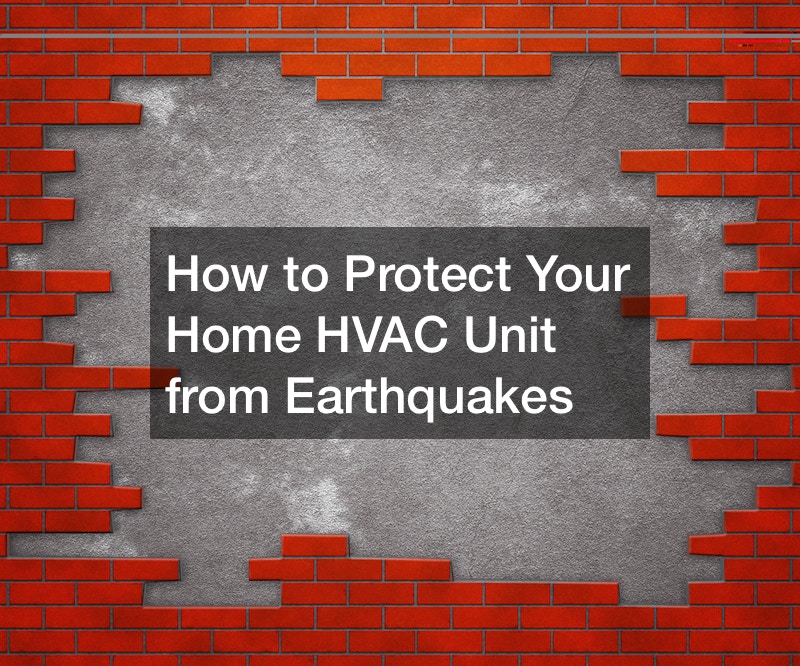

Your HVAC system maintains the air quality and temperature in your home or business. If the air conditioner equipment is broken, then you need to call air conditioner repair services to come in and fix it for you. There are a lot of things that can go wrong with your HVAC system and if you don’t fix them, the problems will get worse over time. An air conditioner mechanic can fix a problem before it gets bigger. This will result in a cheaper repair bill, something that you’ll appreciate because it keeps you from paying the larger one later.

If your air conditioner circulation is struggling, it is time to call someone to fix it. You can also identify problems through weak airflow or weird smells. You should look for air conditioner local repair options. You can contact them to find out their prices, as well as what types of air conditioners they repair. Look for shops that have good reviews online. If someone you know has had their HVAC repaired, get their recommendations for shops. By doing some research ahead of time, you can be sure that you make the best possible decision.
In the event of an occurrence of a natural disaster, it is best to have adequate earthquake preparation for safety and survival. Apart from security, you need to put proper measures that ensure the vent pipes, and water heaters in your house survive the earthquake.
Damage can be brought to your Heating and cooling system by an earthquake through:
- Shifting and moving the HVAC unit. It is dangerous, especially for the HVAC system that is outside your home. The indoor unit that is not securely mounted and installed is also prone to damage from an earthquake.
- Severe damage to the exterior components of the HVAC unit. These parts include the refrigerant line, gas line, electrical line, and the condensate piping. Any damage to these parts will affect the whole HVAC unit.
Ways of ensuring your HVAC is functioning correctly:
Inspect all the plumbing installations and the HVAC system
Earthquakes can have a devastating effect on the HVAC system and plumbing. The damage can go unnoticed in the first round but may get worse with a second earthquake. Ensure there are no burst pipes and cracked installations during the earthquake preparation drill.
Have your pipes and gas systems checked to make sure your home is earthquake ready and capable of withstanding the disaster?
Preparing for an Aftershock
Turn off the gas valve that connects to the main valve. Contact the local gas company to come and check out in case of any gas leaks. You should be alert for Carbon Monoxide poisoning, which is a common occurrence during an earthquake.
1. Have vibration isolators installed
The vibration isolators absorb shock and vibrations before they can damage the HVAC unit. Contact your local HVAC Company to have the isolators installed. The contractor knows the magnitude and the frequency of the seismic activity in your geographical area. This will help them when installing the restraint brackets that act as vibration isolators.
Check the state of the exterior parts of your HVAC unit. These include the gas line, refrigerant line, and electrical connections. If left unchecked, they pose a health risk to the occupants of the house. An AC repair company can help with this type of work.
2. Be on the lookout for damages and leaks in the ductwork
An earthquake can quickly destroy a duct. During Earthquake preparation, ensure there are no air leaks in the ductwork.
Before insulating ducts, conduct a proper inspection to check on leakages, or you can contact an insulation instructor to do it for you. A good way of identifying leaks in the HVAC system is by turning it on so that it is constantly blowing. Hold your hand near the ducts, and you will identify the leak.
Insulating the ducts involves the following steps:
- Identify your home insulation material. You can opt for cost-effective bats and fiberglass foils.
- Cut the insulation material and try to fit it around the duct loosely. Wrap the insulation material around the duct for it to fit.
- Seal both sides with foil tape.
- You can repeat this process until all ductwork is covered.
- Conduct regular maintenance and check up on the ducts and the air conditioning system.
HVAC manufacturers and contractors recommend that ductwork insulation should have an R-Value of around 5. The Highest value available is 8.
Conclusion
Having a properly functioning HVAC unit with adequate earthquake preparation can save you lots of money and minimize loss of property.
Never forget to go through the insurance policy of your home to confirm the coverage. Seal any insurance loophole that might leave you in the cold when an earthquake occurs happens.


